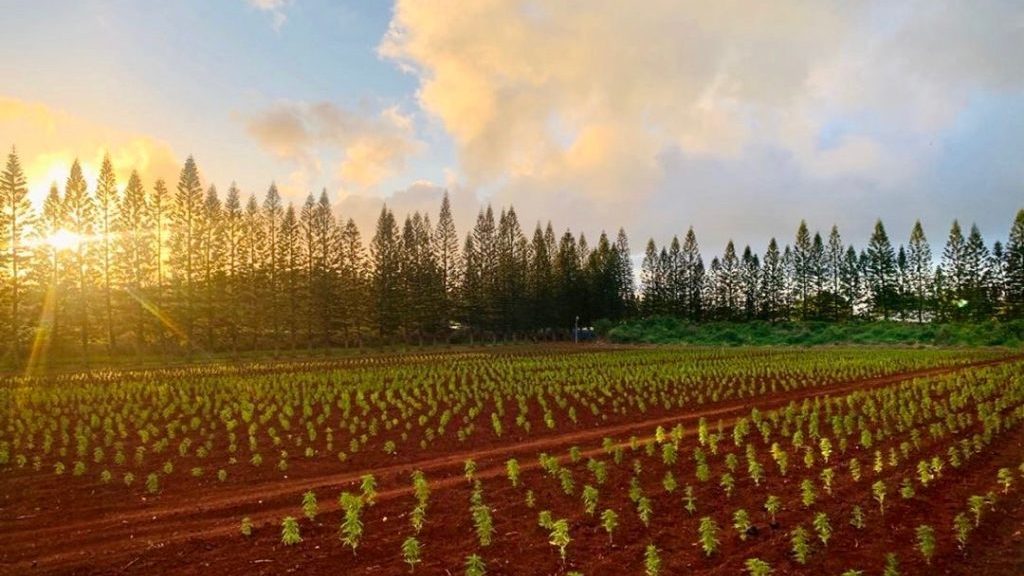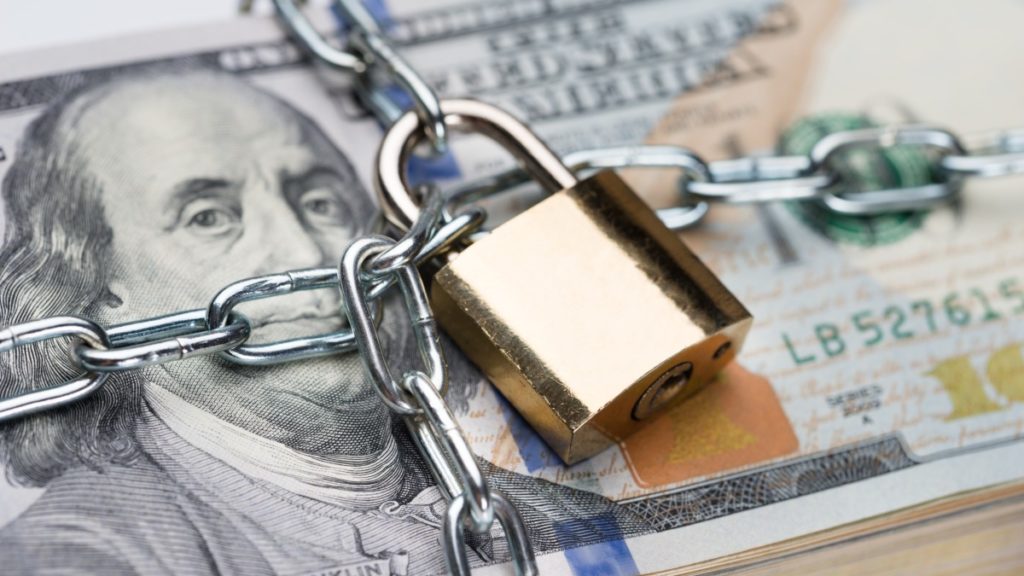A California CBD company specializing in the smokeless dip market appointed a former Altria executive as its new CEO. Boldt Runners Corp., the exclusive licensee of Cannadips CBD, has appointed Peter Diatelevi to lead the Humboldt, California-based company and join its board of directors. Diatelevi has more than 20 years’ experience as a senior executive […]
Keegan MacDonald
Posts by 'Keegan MacDonald'
Before Canopy Growth Corp. became the largest cannabis company in the world, it hired Ryan Douglas as its master grower in 2013. It was no small task at the time in Canada – where Ontario-based Canopy is based – because the country had just established regulations for its medical marijuana program, and licenses hadn’t even […]
Diane Mulligan (Editor’s note: This story is part of a recurring series of commentaries from professionals connected to the hemp industry. Diane Mulligan is president and CEO of M&C Communications.) I came face-to-face with a bear. I was completely caught off guard, never having thought about that scenario. Obviously, I am writing this, so it […]
For the fifth year running, Marijuana Business Daily has earned a spot on Inc. magazine’s Inc. 5000 “Fastest-Growing Private Companies” list. MJBizDaily, parent publication of Hemp Industry Daily, ranked 1,749 on the prestigious list of 5,000 private American firms, with revenue growth of 244% over the past three years. Because this year’s rankings were calculated using […]
Only when marijuana is finally legalized in New York state, hopefully very soon, will we see the end results of our efforts to convince New Yorkers that “It’s NORML to Smoke Pot.”
The post A Founder Looks at 50: “You Bet I Did, and I Enjoyed It” appeared first on NORML.
Federal agriculture officials have determined that hemp farmers don’t qualify for a $16 billion fund designated for farmers who saw price drops because of the novel coronavirus. Based on data representing on-farm prices from January to April 2020, the national price for hemp crops decreases during the first quarter of 2020, according to a federal […]
CBD maker and retailer American Shaman has opened a retail store inside a grocery store in Missouri, where the company is based. The company said the 550-square-foot store opened at the start of August inside a Kansas City’s Ball’s Price Chopper and will be staffed by Shaman employees. American Shaman claims in a news release […]
Montana voters will decide this November on two complimentary ballot measures seeking to legalize marijuana for adults in the state.
The post Montana: Adult Use Legalization Initiatives Qualify for November 2020 Ballot appeared first on NORML.
Meetings continue between hemp advocates and the White House, signaling that the U.S. Food and Drug Administration’s CBD Enforcement Policy remains under review. On Thursday, hemp and cannabis attorney Shawn Hauser, a partner with Denver-based law firm Vicente Sederberg, along with Eric Steenstra, president of industry advocacy group Vote Hemp, and Tami Wahl of Modern […]
A Missouri hemp company is being sued for allegedly sending unsolicited advertising texts, the latest cannabis firm accused of violating federal laws against spamming. The federal lawsuit filed Aug. 7 in Vermont accuses Native Hemp Co. of using an automated dialing system “to bombard consumers’ mobile phones with non-emergency advertising and marketing text messages” without […]










